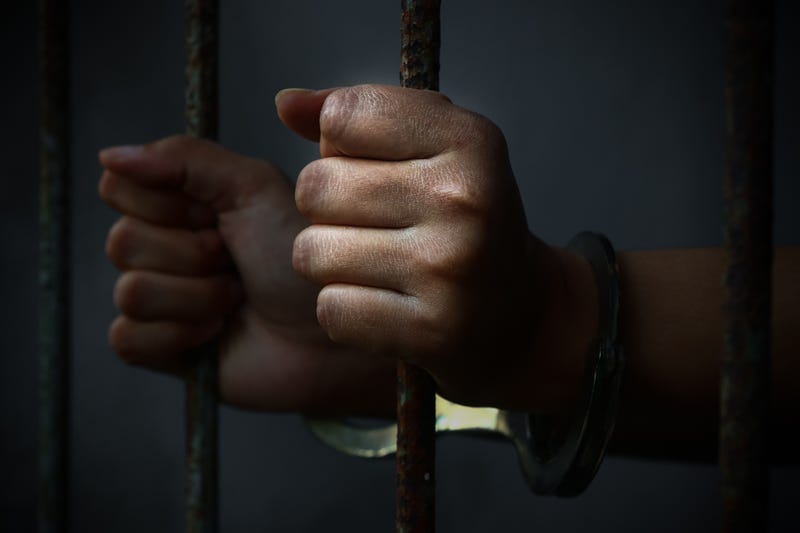
Five Americans who were wrongfully imprisoned in Iran are finally back on U.S. soil after being freed as part of a prisoner swap that also included the release of $6 billion in frozen Iranian assets.
The Americans landed early Tuesday at Fort Belvoir, Virginia and shouted "Freedom!," as they were greeted by cheering and applauding family members who long awaited their return, the Associated Press reported.
The White House said the five -- Siamak Namazi, Morad Tahbaz, Emad Sharghi, and two citizens who wish to remain private -- endured years of agony, uncertainty, and suffering while being held in Iran.
As part of the deal, Tahbaz's wife and Namazi's mother — who had not been allowed to leave Iran — were also returned to the U.S.
"We are returning five American citizens to their families after years of torment," a senior administration official said in a statement. "Importantly, this deal does not change our relationship with Iran in any way. Iran is an adversary and a state sponsor of terrorism. We will hold them accountable wherever possible."
In exchange for their release, the Biden Administration granted five Iranians clemency. The White House said the five had been charged or convicted of nonviolent crimes.
"Two of the five have been in prison and their sentences were about to expire — in one case, in less than 100 days from now; three are awaiting trial and have not yet been convicted," a senior administration official said. "We anticipate that two of the Iranians who do not have legal status in the U.S. will return to Iran again through Doha, Qatar."
According to the AP, two of the released Iranians include Mehrdad Ansari and Reza Sarhangpour Kafrani. Ansari was sentenced to 63 months in prison in 2021 for obtaining equipment that could be used in missiles, electronic warfare, nuclear weapons and other military gear, while Kafrani charged in 2021 over allegedly unlawfully exporting laboratory equipment to Iran, the AP reported.
According to the BBC, the other released Iranians include: Kambiz Attar Kashani, who was sentenced to 30 months in prison in 2023 for conspiring to illegally export US goods and technology to Iran; Amin Hassanzadeh, charged in 2019 with interstate transportation of stolen property and fraud; and Kaveh Lotfolah Afrasiabi, accused of acting and conspiring to act as an unregistered agent of the Iranian government to spread propaganda.
In connection with the exchange, the U.S. agreed to move $6 billion in Iranian funds previously held in a restricted account in South Korea to a restricted account in Qatar. The funds include payments owed to Iran by South Korea for purchases of oil before the U.S. imposed sanctions on such transactions. The administration said the funds will be available fora very limited category of humanitarian transactions, including food, medicine, medical devices, and agricultural products only.
"The funds will likely to be spent on individual humanitarian transactions probably over a period of years," a senior administration official said. "If Iran tries to divert the funds or use them for anything other than a limited humanitarian purpose as authorized, we'll take action to lock up the funds."
The White House also called on the Iranian regime to give a full account of what happened to Bob Levinson and announced new sanctions against former President Mahmoud Ahmadinejad and the Iranian Ministry of Intelligence under the Levinson Act for their involvement in wrongful detentions.
Levinson is a retired FBI agent who disappeared while working as a private investigator in Iran in March 2007.
"The Iranian regime must finally come clean, allow for Bob Levinson to be at peace and for the Levinson family to have answers," said a senior administration official. "We will continue to call on Iran to give a full accounting of what happened to Bob Levinson, from his initial captivity to his ultimate murder."
The White House also reminded Americans that they should not travel to Iran.
"The U.S. State Department has a longstanding travel warning that states: 'Do not travel to Iran due to the risk of kidnapping and the arbitrary arrest and detention of U.S. citizens.' All Americans should heed those words and have no expectation that their release can be secured if they do not," President Joe Biden said in a statement.
